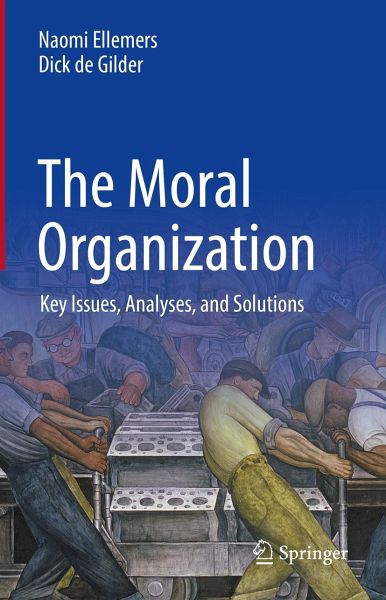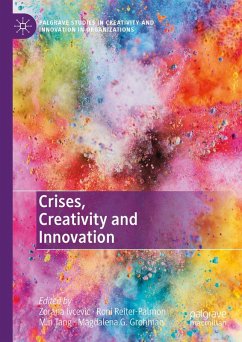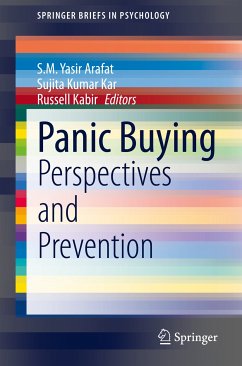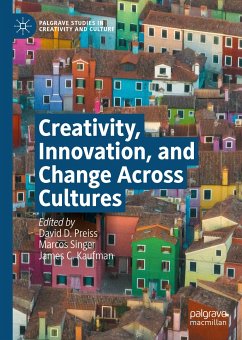
The Moral Organization (eBook, PDF)
Key Issues, Analyses, and Solutions
Versandkostenfrei!
Sofort per Download lieferbar
80,95 €
inkl. MwSt.
Weitere Ausgaben:

PAYBACK Punkte
40 °P sammeln!
Investors, customers and employees increasingly expect organizations to take responsibility for the social impact of their activities. This book applies theory and research on moral psychology and social identity, to offer a new perspective on organizational social responsibility and business ethics. The authors use their unique approach to highlight recurring moral challenges in organizational behavior, such as leadership, work motivation, diversity, organizational change and stakeholder relations. Their analysis explains that people are reluctant to acknowledge and confront moral flaws in th...
Investors, customers and employees increasingly expect organizations to take responsibility for the social impact of their activities. This book applies theory and research on moral psychology and social identity, to offer a new perspective on organizational social responsibility and business ethics. The authors use their unique approach to highlight recurring moral challenges in organizational behavior, such as leadership, work motivation, diversity, organizational change and stakeholder relations. Their analysis explains that people are reluctant to acknowledge and confront moral flaws in their workplace behavior, because this constitutes a source of identity threat. Common strategies to cope with this threat invite justifications and symbolic actions - and prevent moral improvement. Each chapter draws together a wealth of research findings and organizational cases. These not only identify and clarify common moral pitfalls, but also show ways to enhance the likelihood that organizations acquire the knowledge, willingness and ability to build an ethical work climate.
Dieser Download kann aus rechtlichen Gründen nur mit Rechnungsadresse in A, B, BG, CY, CZ, D, DK, EW, E, FIN, F, GR, HR, H, IRL, I, LT, L, LR, M, NL, PL, P, R, S, SLO, SK ausgeliefert werden.












